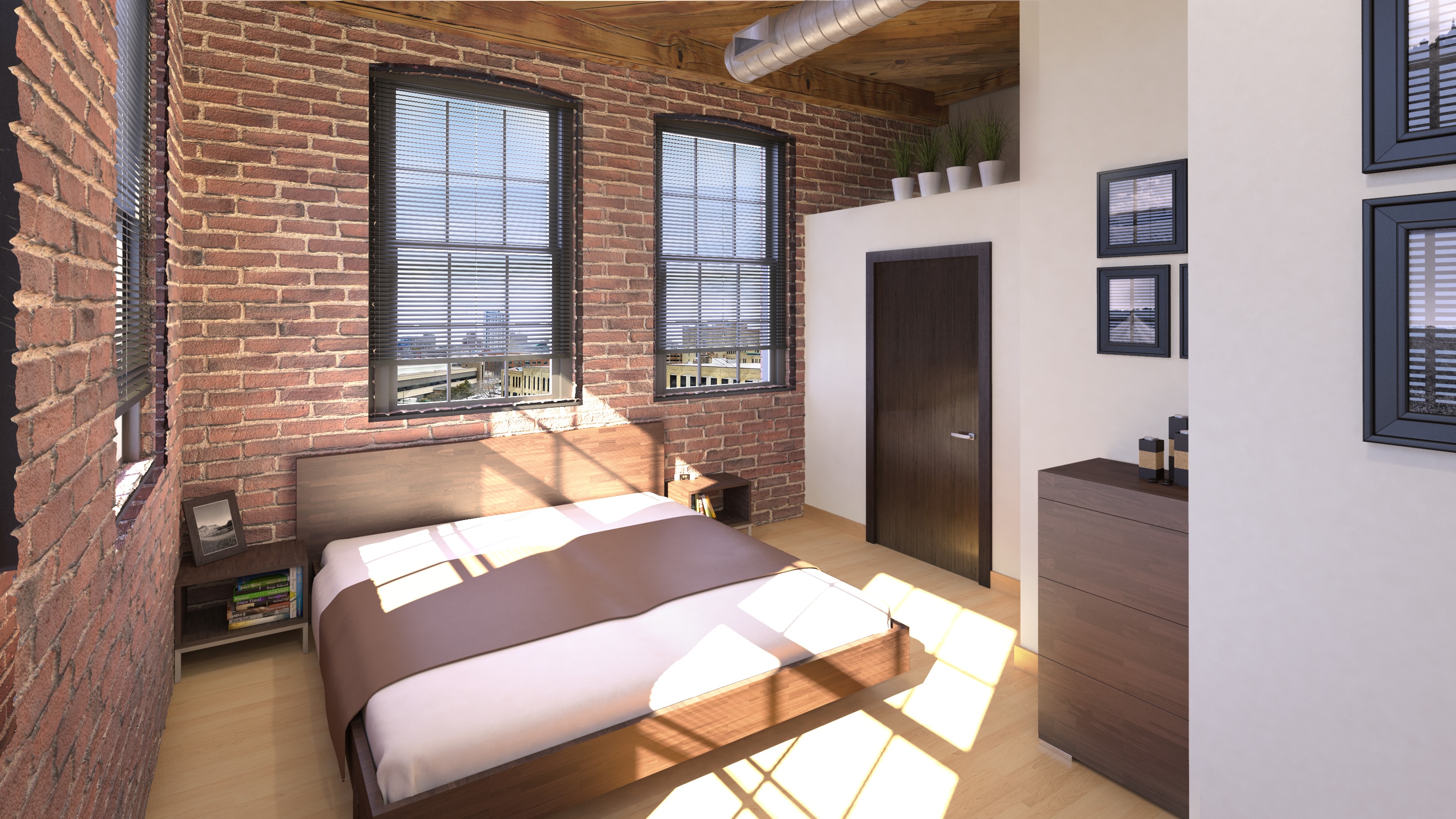Neighborhood Guide

Milwaukee offers a diverse range of neighborhoods, each with its unique character and appeal. Choosing the right neighborhood for your 2-bedroom apartment depends on your lifestyle, priorities, and budget. This guide explores some of the most popular neighborhoods in Milwaukee, providing insights into their character, amenities, and average rent prices.
Neighborhood Comparisons
The following table provides a comparative overview of popular neighborhoods in Milwaukee, highlighting their pros and cons based on factors like proximity to downtown, public transportation, schools, parks, and nightlife.
| Neighborhood | Proximity to Downtown | Public Transportation | Schools | Parks | Nightlife | Average Rent (2-Bedroom) |
|---|---|---|---|---|---|---|
| Downtown | Excellent | Excellent | Limited | Limited | Excellent | $1,800 – $2,500+ |
| Bay View | Good | Good | Good | Excellent | Excellent | $1,400 – $2,000 |
| Riverwest | Good | Good | Good | Good | Excellent | $1,300 – $1,800 |
| Shorewood | Good | Good | Excellent | Excellent | Good | $1,600 – $2,200 |
| Wauwatosa | Good | Good | Excellent | Excellent | Good | $1,500 – $2,100 |
Neighborhood Descriptions, 2 bedroom apartments milwaukee
This section provides a detailed description of each neighborhood, highlighting its unique character, amenities, and average rent prices.
Downtown
Downtown Milwaukee is the city’s vibrant heart, offering a bustling mix of businesses, cultural attractions, and entertainment options. It’s home to the Milwaukee Art Museum, the Milwaukee Public Museum, the Bradley Center, and numerous theaters, restaurants, and bars. While the neighborhood offers excellent access to public transportation and amenities, it’s also the most expensive area to live in Milwaukee.
Bay View
Bay View is a popular neighborhood known for its eclectic mix of shops, restaurants, and bars. It’s a vibrant community with a strong sense of neighborhood pride. Bay View offers a mix of residential areas, including historic homes and modern apartments, with a range of price points. The neighborhood is well-connected to downtown by public transportation and offers a variety of parks and green spaces.
Riverwest
Riverwest is a trendy neighborhood known for its artistic community, independent businesses, and vibrant nightlife. It’s a diverse neighborhood with a mix of residential areas, including historic homes and modern apartments, with a range of price points. Riverwest offers excellent access to public transportation and a variety of parks and green spaces.
Shorewood
Shorewood is an affluent suburb of Milwaukee, known for its tree-lined streets, elegant homes, and excellent schools. It offers a quiet and peaceful atmosphere, with a strong sense of community. Shorewood has a variety of shops and restaurants, as well as access to Lake Michigan.
Wauwatosa
Wauwatosa is a suburb of Milwaukee, known for its family-friendly atmosphere, excellent schools, and beautiful parks. It offers a mix of residential areas, including historic homes and modern apartments, with a range of price points. Wauwatosa has a variety of shops and restaurants, as well as access to the Milwaukee River.
Rental Market Trends: 2 Bedroom Apartments Milwaukee

Milwaukee’s rental market is experiencing dynamic shifts, with average rent prices for 2-bedroom apartments varying significantly across neighborhoods. This fluctuation is driven by a complex interplay of factors, including location, apartment size, amenities, and seasonality.
Average Rent Prices in Different Neighborhoods
Average rent prices for 2-bedroom apartments in Milwaukee can range from around $1,000 to over $2,000 per month, depending on the specific neighborhood. For instance, neighborhoods like Bay View, Riverwest, and Walker’s Point tend to have higher average rents due to their proximity to the city center, desirable amenities, and strong demand. Conversely, neighborhoods farther from the city center, such as Franklin, Cudahy, and Oak Creek, generally have lower average rents.
Factors Influencing Rent Prices
- Location: Neighborhoods closer to the city center, with convenient access to employment opportunities, entertainment venues, and public transportation, tend to command higher rents. Conversely, neighborhoods located further from the city center, with limited access to amenities, may have lower rent prices.
- Apartment Size: Larger apartments, with more bedrooms and square footage, generally have higher rent prices than smaller units. This reflects the greater demand for larger spaces and the increased costs associated with maintaining and operating larger properties.
- Amenities: Apartments with desirable amenities, such as in-building laundry facilities, fitness centers, swimming pools, and parking, often have higher rent prices. These amenities enhance the living experience and appeal to a wider range of renters, contributing to higher demand and, consequently, higher rent prices.
- Seasonality: Rent prices can fluctuate seasonally, with higher demand and prices during peak seasons, such as the spring and summer months. This is driven by increased demand from students, tourists, and seasonal residents seeking short-term or temporary housing.
Comparison with Other Midwest Cities
Milwaukee’s rental market is relatively affordable compared to other major cities in the Midwest, such as Chicago and Minneapolis. For example, the average rent for a 2-bedroom apartment in Chicago is significantly higher than in Milwaukee, reflecting the higher cost of living in a larger metropolitan area with a more robust economy. However, Milwaukee’s rental market is becoming increasingly competitive, with rising demand and limited supply contributing to rent increases in recent years.
